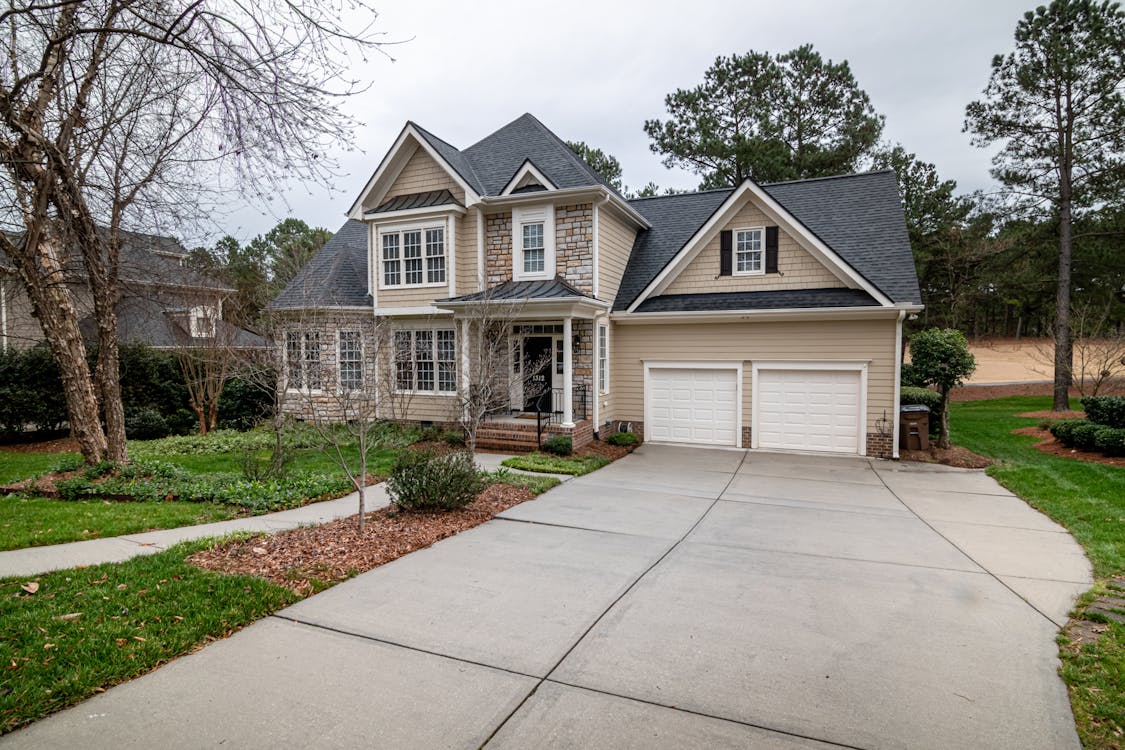Overview of Types of Government Grants
Government grants come in different forms. There are federal, state, and local programs designed to assist low-income buyers. Some of the most popular programs include:
- HUD’s HOME Investment Partnerships Program: This program provides grants to states and local governments to fund affordable housing initiatives.
- USDA Rural Development Program: Focused on helping families in rural areas, this program offers grants to cover costs related to buying or repairing homes.
- Local Housing Assistance Programs: Many cities and states have their own grants aimed at making housing more affordable for low-income residents.
These programs provide vital financial support. They can help with down payments, closing costs, and even home repairs in some cases.
Why Government Grants Matter for Low-Income Homebuyers
For low-income families, homeownership can be a game-changer. Owning a home builds financial stability and generational wealth. But without assistance, many families struggle to save enough for the upfront costs of buying a home.
Government grants reduce these financial barriers. They make it possible for families to enter the housing market without needing to save for years. Statistics show that many first-time homebuyers use grants to cover their down payments. These grants offer not just financial relief but also a path to homeownership that might otherwise be closed.
By providing this financial boost, government grants help low-income families achieve a stable, long-term housing solution. This is why they are such an important tool in addressing the affordable housing crisis.
Key Government Grant Programs and Their Benefits
Federal Government Grants for Affordable Housing
Several federal programs are designed to help low-income families become homeowners. These programs offer financial assistance to cover down payments, closing costs, or even part of the mortgage itself. Here are a few key programs:
- HOME Investment Partnerships Program: Managed by the Department of Housing and Urban Development (HUD), this program provides grants to states and local governments. The funds are used to support affordable housing projects, including homeownership assistance. Low-income buyers can benefit from this program by receiving financial aid for down payments or home repairs.
- HUD Housing Counseling Program: This program connects homebuyers with housing counselors who guide them through the home buying process. While it doesn’t provide direct financial assistance, it ensures low-income buyers have the support they need to qualify for loans and grants.
- Section 8 Homeownership Program: Typically known for rental assistance, Section 8 also offers help to low-income families who want to buy a home. The program allows participants to use their housing voucher toward a mortgage instead of rent, providing a powerful financial tool for homeownership.
State and Local Government Grants
In addition to federal programs, many state and local governments offer grants tailored to the needs of their communities. These programs can be highly effective because they address regional housing issues and provide localized support. Here are some examples:
- Community Development Block Grants (CDBG): This program is funded federally but administered at the state and local levels. It provides funding for community development projects, including homeownership programs for low-income families. Grants can be used for down payments, closing costs, or even home renovations to ensure homes are safe and livable.
- State-Specific Programs: Many states have their own housing grant programs. For example, California’s CalHome Program provides grants to local agencies, which then offer assistance to low-income homebuyers. Similarly, the Florida Housing Finance Corporation offers programs to help first-time buyers with down payments and closing costs.
Application Process for Grants
Applying for these grants can seem complicated, but the process is straightforward if approached step-by-step. Here’s what to expect:
- Eligibility Check: Each grant has specific income limits and criteria, such as being a first-time homebuyer or living in a targeted area. Low-income buyers must ensure they meet these requirements before applying.
- Submit Necessary Documentation: Applications typically require proof of income, identification, and financial records. Buyers may also need to provide details about the property they wish to purchase.
- Work with Housing Counselors: Many grant programs recommend or require working with a HUD-approved housing counselor. These professionals can help guide applicants through the process, making it easier to understand what’s needed and how to improve their chances of approval.
Tips to Maximize Grant Opportunities
Securing a government grant for affordable housing can make a big difference for low-income homebuyers. However, knowing how to navigate the system and maximize your chances is key. Here are some actionable steps to help:
- Improve Your Credit Score: While many grant programs are designed for low-income buyers, having a higher credit score can still improve your chances. A better credit score shows lenders that you’re financially responsible, which could make you more attractive for other housing assistance programs that pair with grants.
- Attend Homebuyer Education Courses: Many grant programs either require or recommend homebuyer education courses. These courses teach essential skills like budgeting, understanding mortgage terms, and managing homeownership costs. Completing one can not only increase your chances of qualifying but also better prepare you for the responsibilities of homeownership.
- Work with Housing Counselors: As mentioned earlier, many grant programs offer access to housing counselors. These professionals are experienced in helping low-income buyers navigate the complex process of applying for grants. They can help ensure your application is complete and that you meet all the necessary requirements.
- Research Local and State Programs: While federal programs get a lot of attention, local and state programs can sometimes offer even better opportunities. These grants are often less competitive and more tailored to regional housing markets. Make sure to explore all your options in your specific area.
- Apply Early: Many grant programs operate on a first-come, first-served basis, with limited funds available each year. Applying early increases your chances of securing funding before the program runs out of money.
